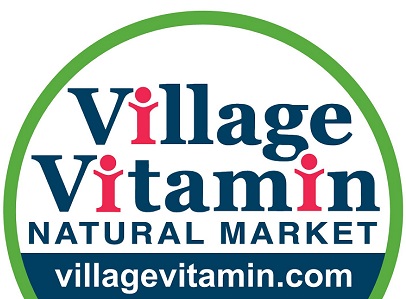This is not for the faint of heart. She had a change of heart. Cross my heart and hope to die. That boy has a heart of gold. Eat your heart out, football fans!
I can’t think of a body part with more iconic meaning than the heart. If you don’t believe me, try using the word “kidney” in the previous phrases!
The heart is seen as the center of our lives and the receptacle that holds all our passion and emotion. While this has been shown to be incorrect, scientifically speaking, still my own heart flutters when I see those I love, especially after a long absence.
Heart Health, Your Health
It is also true that if your heart is not healthy, you are not healthy. Every organ and activity of your body suffers. So it pays to get to the heart of the matter and work toward the goal of making your heart strong and vital.
The most important elements of heart health have to do with food choices, activity, and avoiding both smoking and second-hand smoke.
Causes of Heart Disease
My specialty is how to use dietary supplements medicinally to achieve health goals, and improving heart function is no exception.
Atherosclerotic heart disease does not occur overnight. There is a sequence of events that leads to damaged blood vessels and higher levels of pressure on the heart, and oxidative stress and chronic inflammation are at the core.
The body tries to cover up blood vessel damage with cholesterol, fatty compounds, cellular waste material, and calcium, forming plaque. In my observation, cholesterol does not cause heart disease—it is merely a big part of the Band-Aid. However, this accumulation narrows the passageway within the artery, raising blood pressure and causing heart muscle fatigue. If a blood clot comes along, it is likely to get stuck and result in a heart attack or stroke.
Supplements for Optimal Heart Health
There are many steps you can take to create an optimal supplement protocol for cardiovascular health. Omega-3 essential fatty acids, coenzyme Q10 (coQ10), and D-ribose are important, as is curcumin, which reduces inflammation in blood vessel walls.
A supplement called mesoglycan can also have a profound impact on cardiovascular issues. Although not well known in the United States, mesoglycan is considered a medication in Europe.
Mesoglycan is a grouping of porcine-sourced compounds called glycosaminoglycans (GAGs) in a specific ratio that are used for repair, strengthening, and rebuilding of blood vessels in the body.
Mesogylcan helps to prevent abnormal blood clots without thinning the blood. It is surprising that such a clinically proven intervention for heart and blood vessel health is not utilized more frequently in the US.
Mesoglycan for Heart Disease
In a published human clinical study on atherosclerosis, subjects took either 200 milligrams (mg) mesoglycan daily or a placebo. They were monitored for 18 months to determine the level of ongoing plaque buildup (intimal thickening) on the inside of their blood vessels. The placebo group had 7.5 times (or 750 percent) more narrowing compared to the mesoglycan group. Those are astounding results.
Mesoglycan for Blood Vessel Health
Another study on mesoglycan’s ability to improve blood vessel health targeted diabetic retinopathy—a leading cause of vision loss. As this disease progresses, more and more tiny blood vessels, called capillaries, rupture, and an area of the retina dies. The larger the area of the retina that is affected, the greater the level of vision loss. Keeping these blood vessels open and functional is a major key to preventing blindness.
In this human study, individuals with diabetic retinopathy were given either 100 mg mesoglycan a day or placebo and monitored for six months. The group receiving mesoglycan experienced significant improvements, while the placebo group continued to worsen over time.
In addition to atherosclerosis, mesoglycan can be used supportively for many other diseases of the blood vessels to improve strength and resilience of the arterial and venous walls.
Mesoglycan vs Disease
Mesoglycan can be used to fight peripheral artery disease, diabetic retinopathy, Raynaud’s disease, stable aneurysms, strokes, transient ischemic attacks (TIAs), varicose veins, chronic venous insufficiency, venous leg ulcers, hemorrhoids, and phlebitis (abnormal blood clots).
I consider mesoglycan an excellent nutrient tool for any concern relating to blood vessels. For more information, there is an excellent review article on this natural medicine in the International Journal of Vascular Medicine, available at: www.hindawi.com/journals/ijvm/2010/390643/

